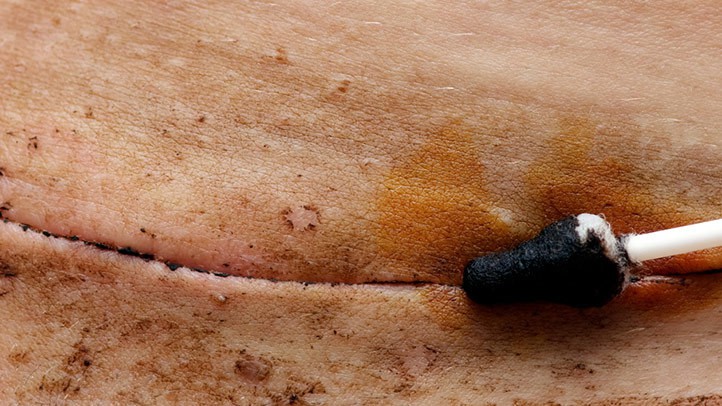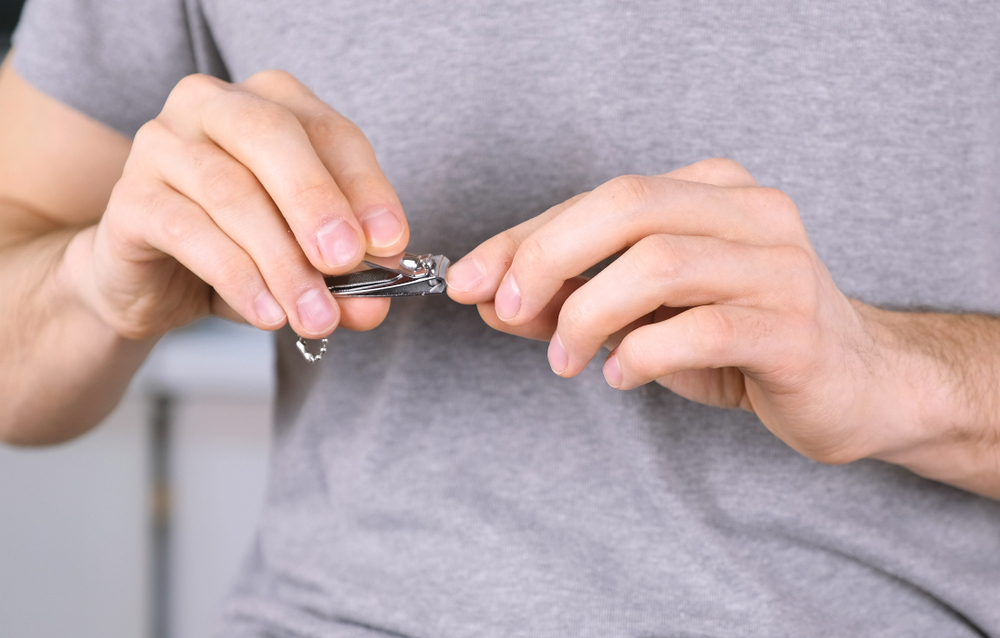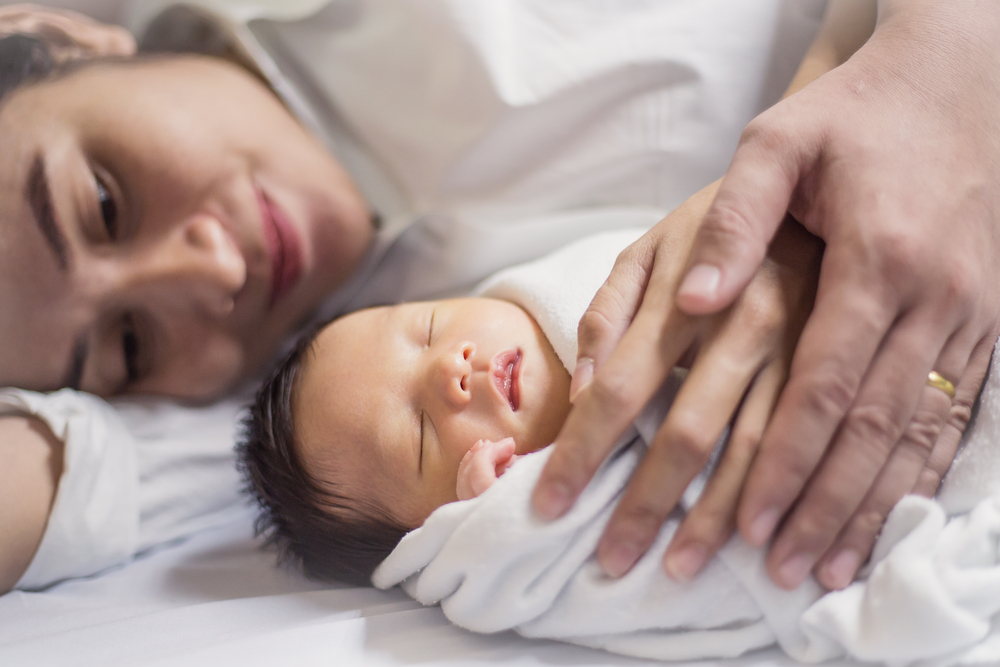Contents:
- Medical Video: 8 COMMON C SECTION COMPLICATIONS AND HOW TO AVOID SERIOUS C SECTION COMPLICATIONS
- Stitch problems after caesarean section
- What are the signs of infection in a caesarean suture?
- How to prevent infection from stitches?
Medical Video: 8 COMMON C SECTION COMPLICATIONS AND HOW TO AVOID SERIOUS C SECTION COMPLICATIONS
Giving birth to a caesarean section may make you only feel a little sick during childbirth. However, after you give birth, you will get a caesarean suture. As with other surgeries, a caesarean section also leaves stitch marks on your skin and you have to treat it to dryness. If not, then you may experience problems with stitch marks after a caesarean section.
Stitch problems after caesarean section
Normally, in the first few months after giving birth, a caesarean wound appears red or pink. Then, the color of the wound becomes paler with a thin line. Some women may have wounds wider and thicker than the skin that arises. However, if not treated properly, caesarean scar can be problematic.
Suture problems, such as infections, can occur immediately after you give birth or during the recovery period. Infection of stitch marks may rarely occur if you treat your caesarean suture correctly. But, if the wound is not treated, this might happen. Pregnant women who have a normal delivery are less likely to get an infection after giving birth.
Infection of a caesarean scar can occur due to bacterial growth in your stitches. This is more common in women at high risk, such as those who have diabetes, autoimmune diseases, or pregnancy complications (such as high blood pressure).
What are the signs of infection in a caesarean suture?
If you experience signs below, you should immediately check your cesarean section for injury to the doctor to get further treatment immediately.
- Pain, swelling, or redness at the site of the wound
- Wounds emit pus
- Your stomach hurts
- Fever more than 38 ° C
- Problems during urination, such as pain, burning sensation, or even unable to urinate
- Leucorrhoea with an unpleasant smell
- Excessive bleeding from your vagina, at least within one hour
- There is a blood clot from the vagina
- Pain or swelling in the legs
Immediate handling is urgently needed. If left unchecked, you may be at risk for sepsis, an infection that can affect the entire bloodstream. Signs of sepsis are shivering, increased heart rate, rapid breathing, and sudden high fever.
How to prevent infection from stitches?
If you give birth by caesarean section, of course you will get stitch marks. This suture takes 4-6 weeks to heal. During the healing period, there are several things that you should pay attention to to prevent infection in this wound, namely:
- Enough rest. The busyness of taking care of your baby after giving birth may make you tired and sleep deprived. But, as much as possible try to always get enough sleep. Sleep when your baby sleeps.
- Don't do heavy activity first. Doing strenuous activities can make your incision worse. It's best to avoid lifting heavy loads or doing heavy work until your scars are completely healed. Put everything you need near you, so you are easier to reach, like drinking water.
- Take care of your stomach well. When you cough, laugh, or sneeze, you should hold your stomach (precisely in the scar area) with a little pressure. This is to keep your stomach from shaking excessively. Stand tall as you walk.
- Many drink. Your body needs plenty of fluids during the healing and breastfeeding process. Drinking lots of fluids can also help you avoid constipation.
- Eat well. Nutrients that are well fulfilled can encourage healthy tissue growth, so that your cesarean incision can heal quickly.
- Clean your wounds regularly. Make sure you always clean the wound and replace the wound cover fabric. Also make sure the area around your wound is not moist. Humid areas can trigger bacterial infections.
- Don't wear tight clothes. Tight clothing will only cover the wound so that the wound is harder to dry and heal. We recommend that you wear loose clothing.
- Use medicine well. If you are given antibiotics by a doctor, you should take the medication regularly. Don't miss it until the treatment is complete. If you feel pain in your scar, you may need to take anti-inflammatory drugs to minimize pain and prevent inflammation of the former incision. Preferably, consult a doctor immediately.












